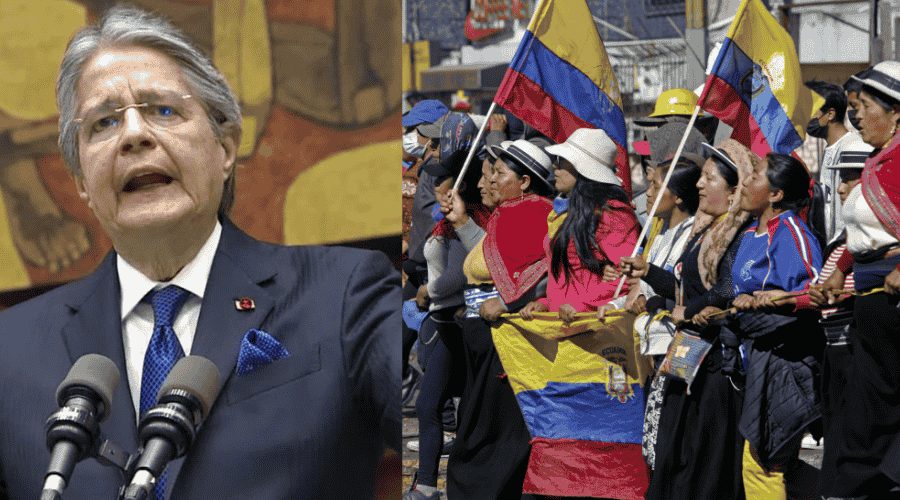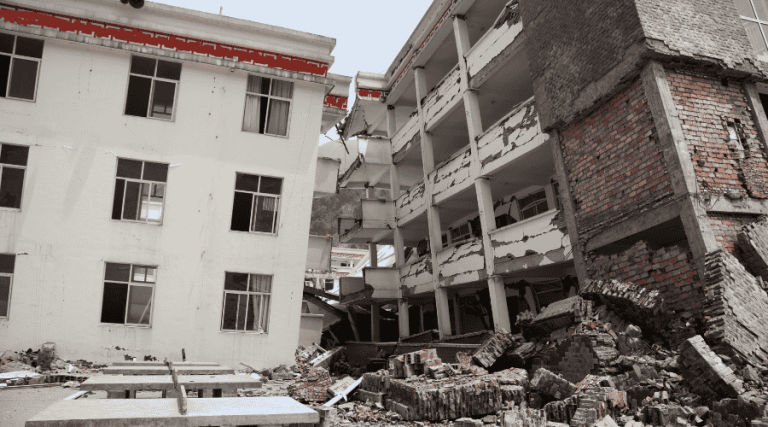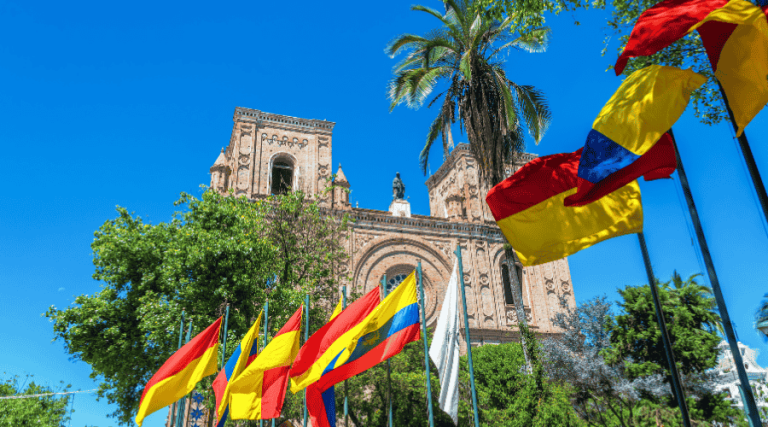
In the midst of a fiercely contested Ecuadorian political climate, former President Rafael Correa has issued a stark warning—a “Cross Death” threat—if current presidential candidate Guillermo Lasso were to win the upcoming election. Although the phrase is ambiguous, it has stirred intense debate among political analysts, supporters, and critics alike.
Understanding the “Cross Death” Threat
Rafael Correa, known for his fiery rhetoric during his tenure, has long been a polarizing figure in Ecuadorian politics. His recent reference to “Cross Death” is widely interpreted as a symbolic warning aimed at signaling severe consequences—either politically or economically—should Lasso’s victory lead to a radical shift away from Correa’s progressive policies. While Correa has not provided a detailed blueprint of what the threat entails, the language suggests that he envisions a form of “retribution” or a dramatic reversal in policy direction that could negatively impact sectors of Ecuador’s society.
Political Context and Possible Interpretations
The political tension between Correa and Lasso is rooted in fundamentally different visions for Ecuador’s future. Correa’s supporters view his threat as a call to preserve the social welfare programs and inclusive policies established during his administration. In contrast, Lasso’s advocates argue that his proposed reforms would modernize the economy and foster private-sector growth.
Several interpretations of the “Cross Death” phrase have emerged:
- Symbolic Retribution: Some analysts believe Correa’s words are intended to evoke a metaphorical “death” of the values and policies that defined his presidency.
- Political Strategy: Others suggest that the threat is a calculated move to energize his base and warn voters about the potential costs of electing Lasso.
- Economic Consequences: There is also speculation that the phrase could hint at dire economic repercussions, though no concrete policy has been outlined to support this claim.
For further reading on political rhetoric in Ecuador, you can check out our internal feature on Ecuador’s Political Landscape Today or follow updates on Reuters for international perspectives.
The Impact on Ecuadorian Politics
While the “Cross Death” threat has fueled heated debates, it also highlights the deep divisions within Ecuador’s electorate. Critics argue that such incendiary language only deepens societal polarization and distracts from substantive policy debates. Meanwhile, supporters of Correa see it as a necessary wake-up call to counter what they perceive as potential neoliberal reforms under Lasso.
In an era when political discourse is increasingly charged, the true impact of Correa’s threat will depend largely on how voters interpret his message and whether it influences the broader campaign narrative. As the election draws near, both sides of the political spectrum are closely watching how such dramatic statements resonate with the public.
For more insights on how political rhetoric shapes elections, visit our Political Analysis Hub.




